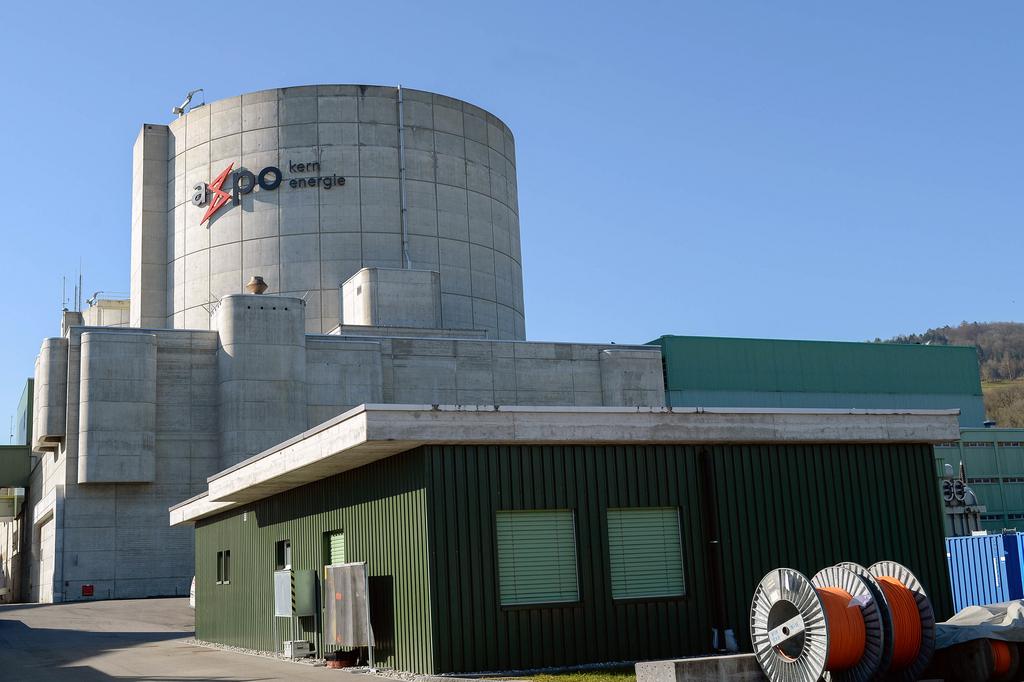
Inspectorate calls for further safety measures

The Swiss Federal Nuclear Safety Inspectorate (ENSI) has demanded that some of the country’s nuclear power stations step up their safety margins to make sure they are adequately flood and earthquake-proof.
After the disaster at Fukushima, JapanExternal link, in March 2011, the Swiss government decided to decommission all five of Switzerland’s nuclear power plants, starting in 2019 and ending by 2034. However, no exact dates were given for the individual reactors to be shut down.
In the meanwhile, the plants’ operating companies have been called upon by ENSI to review their safety margins and look for areas of improvement. The results of an analysis, published on ThursdayExternal link, found that “Swiss nuclear power plants fulfill basic legal requirements and have safety margins”. This included for earthquakes and large floods, which statistically, only happen every 10,000 years, ENSI said.
Safety margins can be broadly described as the difference between the capability of a system and the expected challenges.
“The plants should not just guarantee minimum safety, should have safety margins that go above and beyond,” the ENSI statement said.
The two Beznau plants (commissioned in 1969 and 1972) needed better flood protection. While Gösgen (1978) has “the safety system against earthquakes in place” it has “practically no safety margins”. As it could be in operation for another 40 years, the safety margin for the emergency system should boosted. ENSI welcomed the company’s plans for increased safety measures and called for them to be put into place.
At the Mühleberg nuclear power station, due to be taken off the grid in 2019, the safety margin for the emergency diesel generators needed improving in case of an earthquake. “Further investigations” were needed as well.
No measures were required at Leibstadt (1984).
Reaction
Environmental group Greenpeace SwitzerlandExternal link was not impressed by ENSI’s calls.
“One can try and patch up old Swiss nuclear power plants as much as one likes, but they will never reach the required international safety standards of new reactors,” it told swissinfo.ch in a statement.
“This is why we need a quick phasing out of nuclear energy. The oldest German nuclear plant in Grafenrheinfeld will be switched off on Saturday after 33 years in operation; the oldest plant in the world, in Beznau, is 46 years old and still on the network for an unlimited period of time.”

In compliance with the JTI standards
More: SWI swissinfo.ch certified by the Journalism Trust Initiative




























You can find an overview of ongoing debates with our journalists here . Please join us!
If you want to start a conversation about a topic raised in this article or want to report factual errors, email us at english@swissinfo.ch.